5 Ways Gum Affects Your Fast
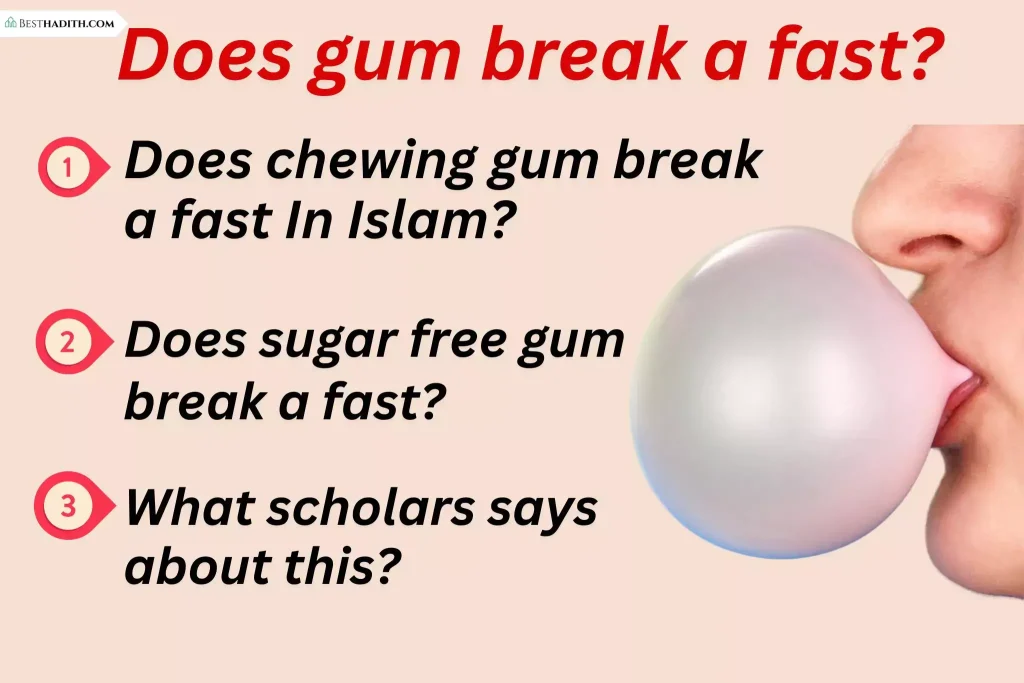
5 Ways Gum Affects Your Fast
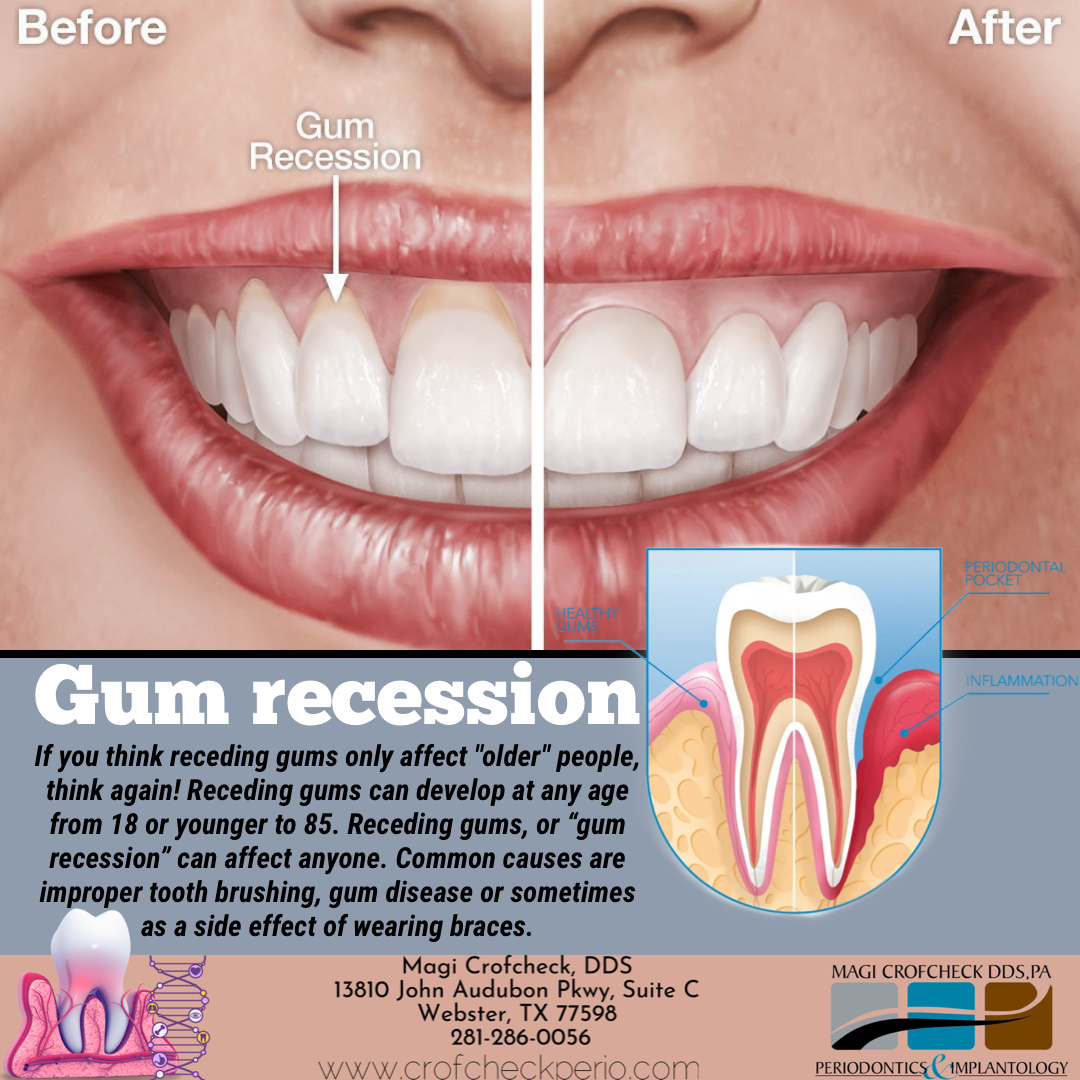
Are you considering incorporating fasting into your lifestyle, but wondering how your favorite habits, like chewing gum, will affect your progress? Fasting can be a powerful tool for weight loss, improved mental clarity, and increased energy, but it’s essential to understand how gum can impact your fasting journey. Here, we’ll explore five ways gum affects your fast, so you can make informed decisions and maximize the benefits of your fasting routine.
What is Fasting, and How Does Gum Affect It?

Fasting, in its simplest form, is the act of abstaining from food and drink for a specified period. However, the definition can be more nuanced, as some fasting methods allow for certain foods or drinks. Chewing gum, in particular, can be a point of contention, as it’s unclear whether it breaks a fast or not. Let’s dive into the details and explore how gum affects your fast.
1. Gum Can Break Your Fast (Technically)
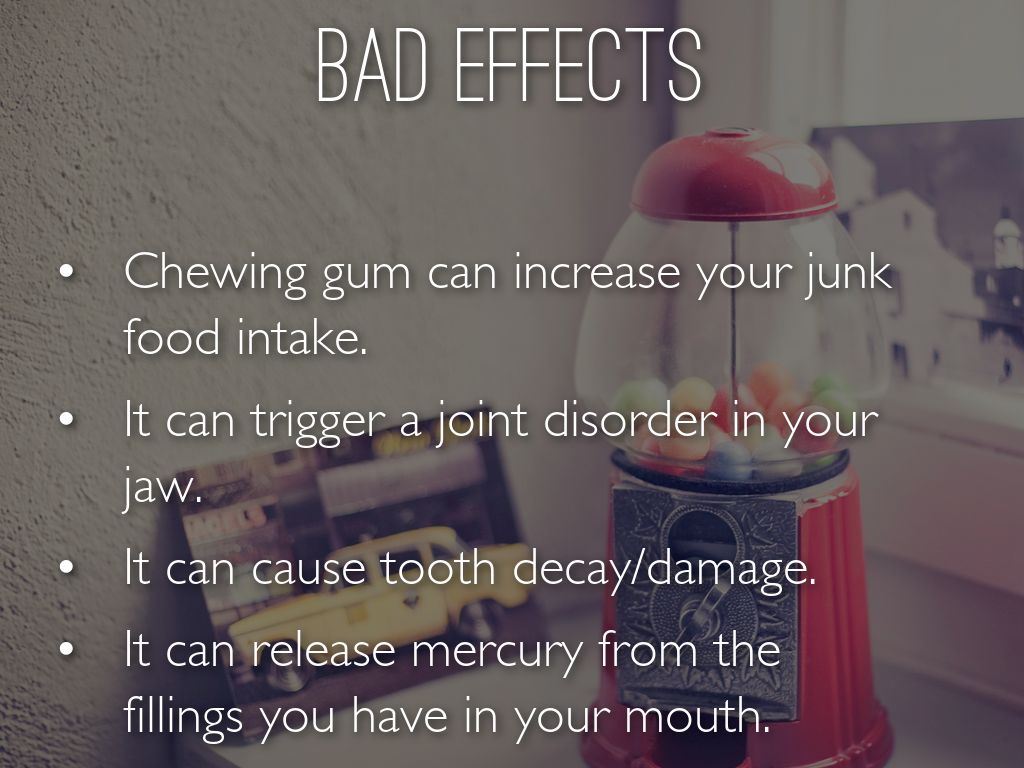
From a technical standpoint, chewing gum can break your fast, as it contains calories and can stimulate digestive enzymes. Some gum products contain sugar, artificial sweeteners, or other ingredients that can raise blood sugar levels and insulin resistance. While the caloric content may be minimal, it can still be enough to trigger an insulin response, which may not be ideal during a fast.
🚨 Note: If you're doing a strict fast, it's best to avoid gum altogether to ensure you're not consuming any calories or stimulating insulin production.
2. Gum Can Suppress Hunger and Increase Autophagy
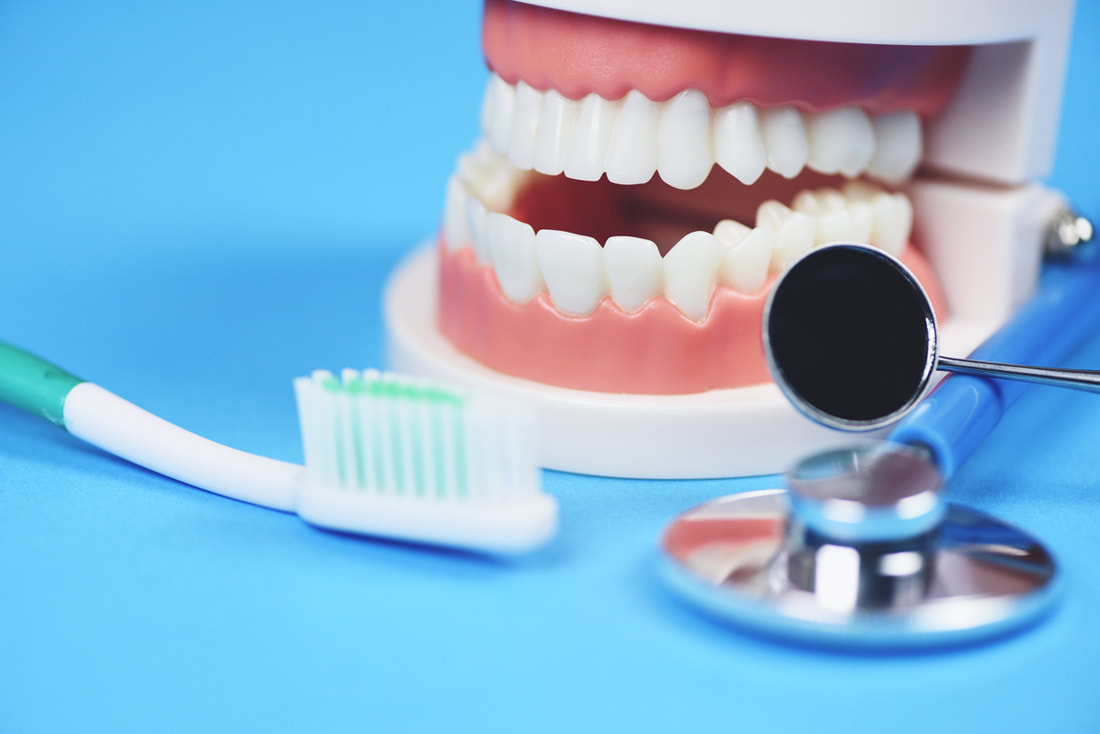
On the other hand, gum can also have a positive effect on your fast. Chewing gum can help suppress hunger and reduce cravings, making it easier to stick to your fasting schedule. Additionally, some gum products contain ingredients like xylitol, which can stimulate autophagy, a natural process in which your body breaks down and recycles damaged cells and proteins.
3. Gum Can Affect Your Digestive System

Gum can also impact your digestive system, particularly if you’re chewing on sugar-free gum that contains artificial sweeteners like aspartame or sucralose. These sweeteners can alter the gut microbiome, leading to changes in digestion, bloating, and other gastrointestinal issues. If you’re planning to fast, it’s essential to consider how gum may affect your digestive system and adjust your habits accordingly.
4. Gum Can Impact Your Oral Health

Chewing gum can have both positive and negative effects on your oral health, depending on the type of gum you choose. Sugar-free gum can help reduce tooth decay and promote saliva production, which can help neutralize acid and remineralize teeth. However, gum with sugar or acidic ingredients can contribute to tooth decay, erosion, and other oral health issues.
| Positive Effects | Negative Effects |
|---|---|
| Reduces tooth decay | Contributes to tooth decay |
| Promotes saliva production | Leads to acid erosion |
| Remineralizes teeth | Affects gut microbiome |
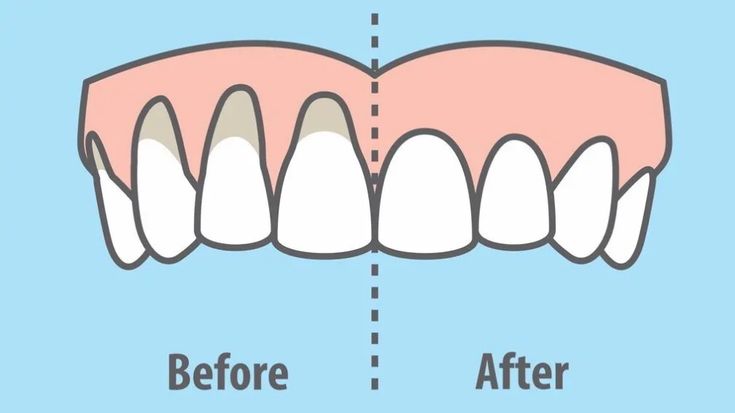
5. Gum Can Be a Psychological Crutch

Finally, gum can also serve as a psychological crutch during fasting. If you’re accustomed to chewing gum throughout the day, it can be challenging to give it up during a fast. However, relying on gum as a coping mechanism can detract from the true benefits of fasting, which include increased mental clarity, reduced cravings, and improved self-discipline.
In conclusion, gum can affect your fast in various ways, depending on the type of gum you choose and your individual needs. While gum may technically break a fast, it can also suppress hunger, stimulate autophagy, and promote oral health. Ultimately, it’s crucial to weigh the pros and cons and make informed decisions about gum consumption during your fasting journey.
Can I chew gum during a fast?

+
Technically, yes, but it’s essential to consider the ingredients and potential effects on your digestive system and oral health. If you do choose to chew gum, opt for sugar-free gum with natural ingredients.
How does gum affect autophagy?
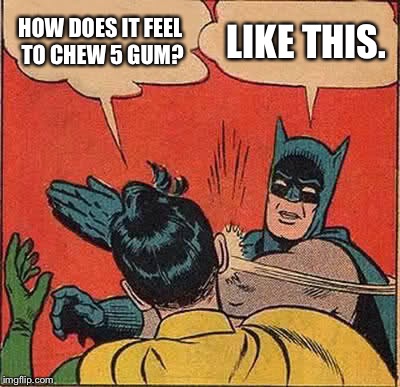
+
Some gum products contain ingredients like xylitol, which can stimulate autophagy, a natural process in which your body breaks down and recycles damaged cells and proteins.
Can gum help with hunger suppression during fasting?
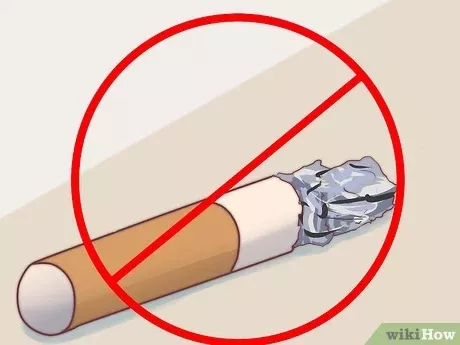
+
Yes, chewing gum can help suppress hunger and reduce cravings, making it easier to stick to your fasting schedule.



